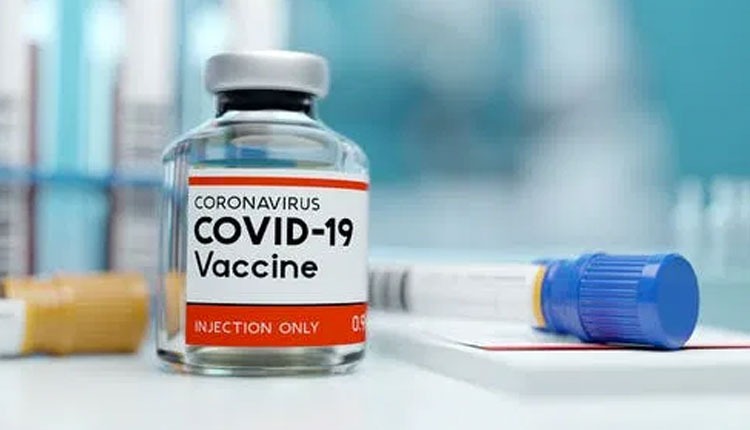Britain on Wednesday became the first country in the world to approve the Pfizer-BioNTech Covid-19 vaccine for use and said that it will be rolled out from early next week.
A vaccine is seen as the best chance for the world to get back to some semblance of normality amid a global pandemic which has killed nearly 1.5 million people and upended the global economy.
“The government has today accepted the recommendation from the Independent Medicines and Healthcare products Regulatory Agency (MHRA) to approve Pfizer-BioNTech’s Covid-19 vaccine for use,” the government said.
“The vaccine will be made available across the UK from next week.”
Britain’s vaccine committee will decide which priority groups will get the jab first such as care home residents, health and care staff, the elderly and people who are clinically extremely vulnerable.
Both Pfizer-BioNTech and U.S. biotech firm Moderna have reported preliminary findings of more than 90% effectiveness – an unexpectedly high rate – in trials of their vaccines, which are both based on new messenger RNA (mRNA) technology.
“This authorization is a goal we have been working toward since we first declared that science will win, and we applaud the MHRA for their ability to conduct a careful assessment and take timely action to help protect the people of the U.K.,” said CEO Albert Bourla.
“As we anticipate further authorizations and approvals, we are focused on moving with the same level of urgency to safely supply a high-quality vaccine around the world.”
Health Secretary Matt Hancock said the program would begin early next week. Hospitals, he said, were already ready to receive it.
Help is on its way.
The MHRA has formally authorised the Pfizer/BioNTech vaccine for Covid-19.
The NHS stands ready to start vaccinating early next week.
The UK is the first country in the world to have a clinically approved vaccine for supply.
— Matt Hancock (@MattHancock) December 2, 2020
“It is very good news,” Hancock said.
What is mRNA technology?
Among the most promising vaccines, two candidates are using mRNA technology. Those experimental vaccines come from American drug-makers Moderna and Pfizer. Pfizer is partnered with German company BioNTech on the project.
“This is basically a vaccine technology that’s based on the genetic sequence of the virus, so that did make it in some ways easier to get started,” says Chris Beyrer, a professor of epidemiology at the Johns Hopkins Bloomberg School of Public Health.
🧫🔬🧪 mRNA #vaccines are a unique #technology and can be produced more rapidly than conventional vaccines.
Learn more about how Pfizer is developing a potential mRNA vaccine to help prevent #COVID19. pic.twitter.com/wr9Sf34aTv
— Pfizer Inc. (@pfizer) May 8, 2020
Like other vaccines, mRNA vaccines work by training the immune system to recognize a threat like a virus and begin producing antibodies to protect it.
But while traditional vaccines often use inactivated doses of the organisms that cause disease, mRNA vaccines are designed to make the body produce those proteins itself.
Messenger RNA—a molecule that contains instructions for cells to make DNA—is injected into cells. In the case of Covid-19, mRNA vaccines provide instructions for cells to start producing the “spike” protein of the new coronavirus, the protein that helps the virus get into cells. On its own, the spike protein isn’t harmful. But it triggers the immune system to begin a defensive response.











